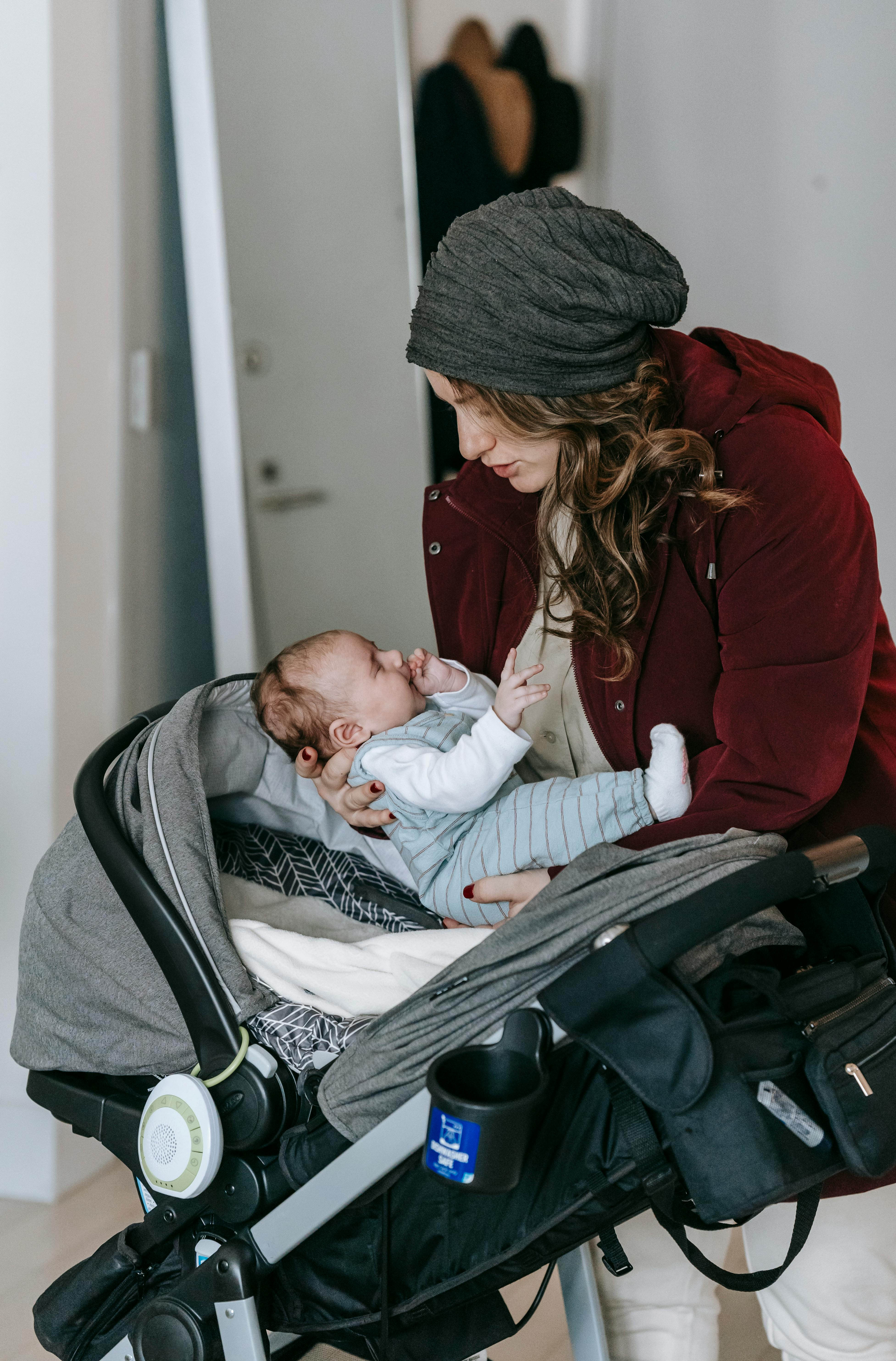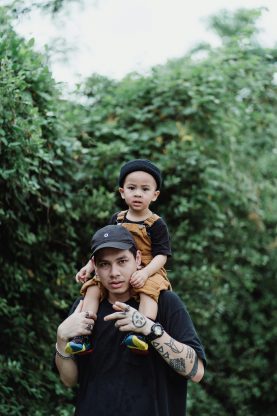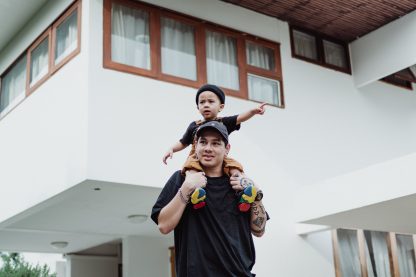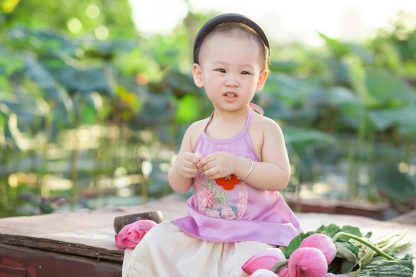Table of Contents
Maturity and Responsibility Levels
When setting age-appropriate guidelines for babysitters, it is important to consider the maturity and responsibility levels of the potential caregiver. While there is no specific age that guarantees maturity, it is generally recommended that babysitters be at least 12 years old. Younger babysitters may lack the maturity and life experience needed to handle unexpected situations or emergencies that may arise while caring for children. It is also important to consider the individual personality and temperament of the babysitter, as some teenagers may be more responsible and mature than others.
On-Demand Childcare in Your Neighborhood
Book a Sitter
Training and Experience
In addition to age, parents should also consider the training and experience of potential babysitters. Babysitters with CPR and First Aid certification may be better equipped to handle emergencies and provide appropriate care for children. It is also important to inquire about the babysitter’s previous experience with children, including their familiarity with age-appropriate activities, feeding schedules, and bedtime routines. Parents may also want to consider hiring a babysitter who has completed a babysitting course or received training in childcare.
Supervision and Emergency Preparedness
Another important factor to consider when setting age-appropriate guidelines for babysitters is supervision and emergency preparedness. Parents should communicate expectations for supervision, including guidelines for outdoor play, meal preparation, and bedtime routines. Babysitters should also be aware of emergency procedures, including how to contact parents or emergency services in the event of an emergency. Parents may also want to provide babysitters with a list of emergency contacts, including phone numbers for themselves, neighbors, and healthcare providers.

Childcare Duties and Expectations
When hiring a babysitter, it is important to clearly outline childcare duties and expectations. This may include feeding schedules, bedtime routines, rules for screen time, and any specific instructions for caring for children with special needs or allergies. Parents should also discuss discipline methods and rules for behavior with the babysitter, to ensure that their parenting style is consistent with the babysitter’s approach.
It is also important to establish expectations for communication, including how often the babysitter should provide updates on the children’s activities and well-being.
Finding the Right Babysitter for Your Family
Finding the right babysitter for your family can be a challenging task, but there are several resources available to help parents find a trustworthy and reliable caregiver. Parents may consider asking for recommendations from friends, family members, or neighbors, or using online babysitting services to find qualified candidates. It is important to conduct thorough interviews and background checks before hiring a babysitter, to ensure that they are a good fit for your family. Parents should also trust their instincts and choose a babysitter who they feel comfortable with and confident in leaving their children with.
In conclusion, setting age-appropriate guidelines for babysitters is an important step in ensuring the safety and well-being of your children while you are away. By considering factors such as maturity levels, training and experience, supervision and emergency preparedness, and childcare duties and expectations, parents can find a babysitter who is well-equipped to care for their children. Finding the right babysitter for your family may take time and effort, but the peace of mind that comes from knowing your children are in good hands is priceless.










